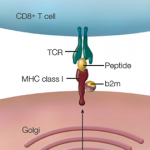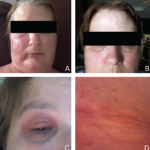“For personalized treatments we need to understand which cells are affected in particular patients, and how they’ve gone wrong in maintaining the balance between healthy and exaggerated inflammation,” Dr. Barrett added.
Dr. Joana Torres from Icahn School of Medicine at Mount Sinai, N.Y., who coauthored a related editorial, told Reuters Health by email, “The quest to identify biomarkers that can allow clinicians to predict disease course and disease complications is gaining increasing importance. It is also increasingly obvious that no single biomarker will be able to perform such a task in a complex disease as IBD.”
“Likely, in the future, algorithms that incorporate specific genetic risk alleles with other markers (e.g., antimicrobial markers, specific proteomic signature, microRNAs, etc.) will be used to predict complications, response to specific therapies, risk for surgery, etc., allowing true precision medicine to become real in IBD,” Dr. Torres said.
“Genetics alone are not useful in predicting disease course, disease complications, or behavior,” she concluded. “Other avenues of research that integrate genetic with non-genetic factors (such as the microbiome, early life environmental exposures, etc.) need to be developed if any light is to be shed onto the complex pathophysiology of inflammatory bowel disease.”



